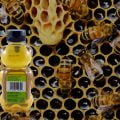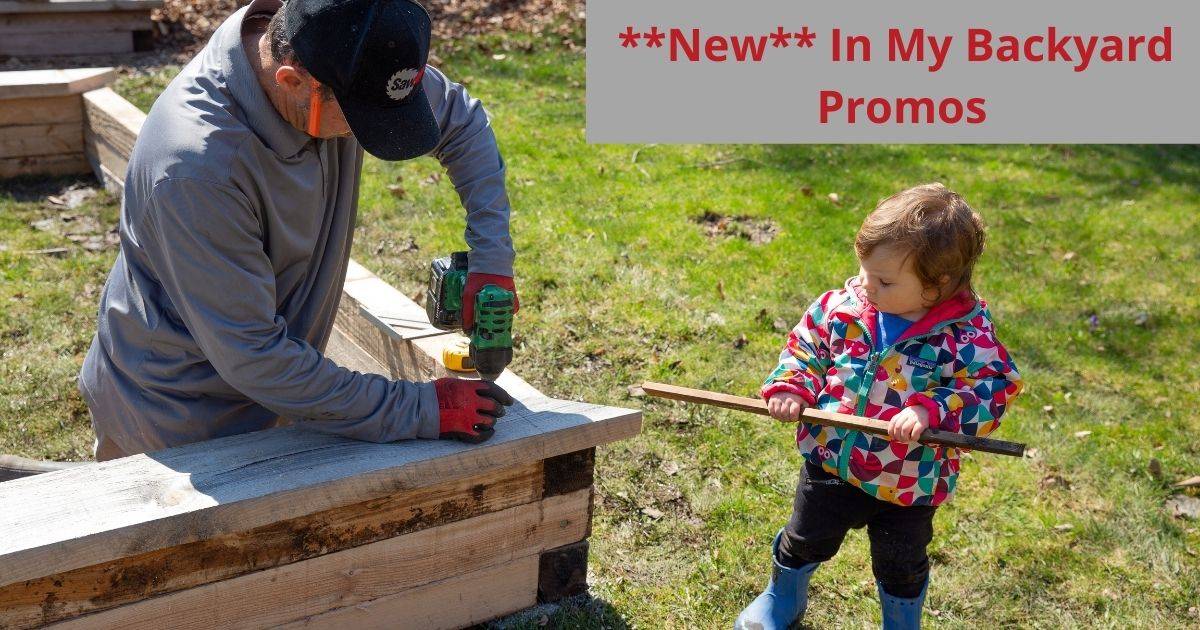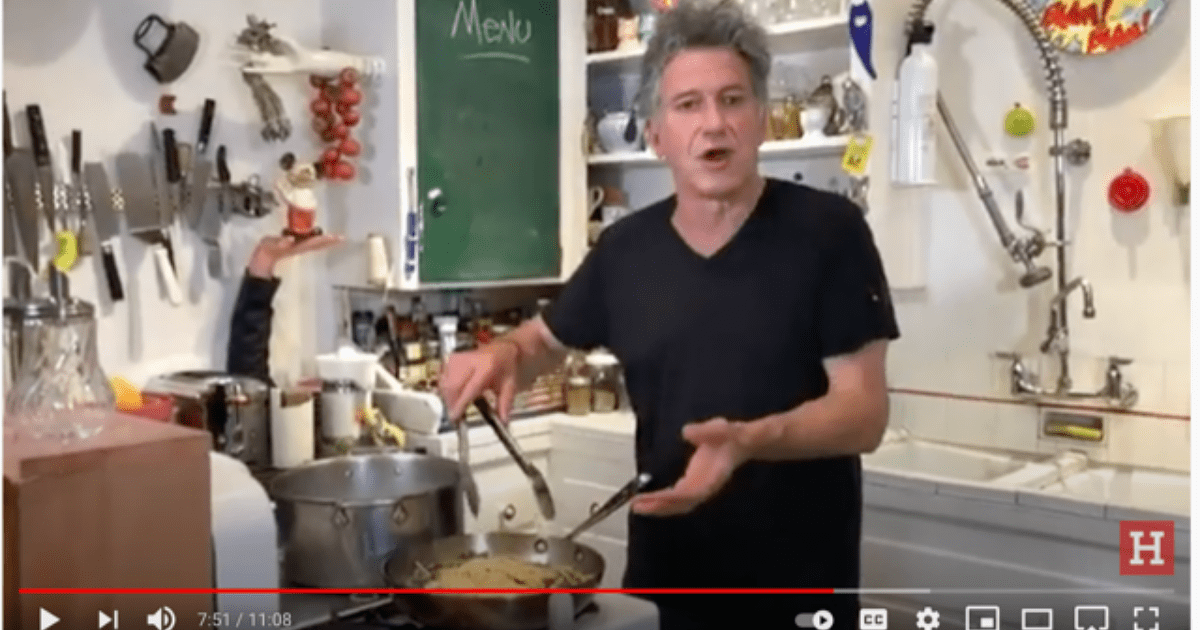Let the Sun Shine In
The most important factor for edibles is sunlight, so your ideal growing location is the brightest spot you can find—ideally, a southern or western exposure. If you live in a highrise, pick plants that are sturdy, compact growers, and water frequently (the wind will dry them out).
Choose a Container
Wooden planters are suitable for yards or balconies and are resilient to cold winters. Raising everything off the ground creates an ergonomic and comfortable working height, too. Wooden containers can be constructed with locally sourced or reclaimed lumber, reflecting current repurposing trends. Use untreated lumber to avoid the possibility of chemicals leaching into your soil.
Remember that many plastic containers don’t survive winter well unless you empty the soil and store them. Look for containers made of plastic resin or rotational moulded plastic, or opt for double-walled containers that have a longer lifespan. Stick with lighter-coloured planters, like grey or terracotta, as dark planters tend to get very hot in the sun.
Select the Soil
Increase your yields by using a high-quality soil mix designed for edibles. Usually peat based with lots of compost and organic matter, these soils are light, nutrient rich and have good water retention. The soil provides a lot of nutrition to naturally improve the plants’ stress tolerance and disease resistance while reducing watering frequency.
Bagged soils often include higher-quality ingredients and are free from weed seeds and bugs. PRO-MIX® Organic Vegetable and Herb Mix is a favourite of mine. Certified organic, it includes a slow-release fertilizer and a natural growth enhancer called Mycoactive®, which feeds your plants for up to three months and produces 20% bigger plants.
Plant Your Salad Bar
Tomatoes, peppers, bush beans, lettuce, spinach, kale, cabbage, cauliflower and broccoli thrive in containers. With the exception of tomatoes and peppers, these vegetables tend to be fairly compact-growing plants without big root systems.
In larger, raised beds with good depth and room for a larger volume of plants, try beets, carrots, scallions, radishes, herbs and everbearing strawberries.
In locations with half-sun exposure, salad greens like mustard, arugula, mesclun, kale, spinach and Swiss chard do quite well. Carrots, beets and bush beans also work with only four to five hours of sun, but expect them to take longer to harvest and be smaller in size.
Follow Some Sage Advice
Check on your plants every day with an eye for watering, bugs, signs of disease and whether they’re ready for harvest. Invest in a good pair of scissors and a small, sharp knife to help with harvesting and paring back plants. To guide and support plants on windy balconies, secure them with coated twist ties and bamboo stakes.
Adding an organic fertilizer like PRO-MIX® Organic Tomatoes, Vegetables & Fruit Granular Fertilizer will also help later in the season, when your soil may need a nutrient boost before the final harvest. This fertilizer contains Mycoactive®, which produces 50% more fruits and veggies.
Try container gardening this year. Your taste buds and dinner guests will thank you!
Premier Tech’s Horticulture and Agriculture Group is recognized in its industry, thanks to value-added products, first-rate services and ambitious Innovation, Research & Development programs. Premier Tech’s breakthroughs include the creation of the very first prefabricated growing medium made of sphagnum peat moss, fertilizers and aggregates in America, and the industrial-scale production of top quality mycorrhizal inoculants, active ingredients that enhance the growth and resistance of plants.
1-800-268-2806











